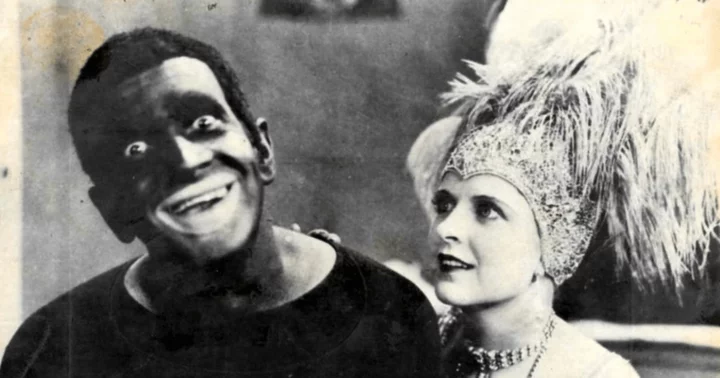Warning: This article contains a recollection of crime and can be triggering to some, readers’ discretion advised.
LOS ANGELES, CALIFORNIA: 'Lost Girls', a Netflix film brought to light the mishandling of the investigation related to the Gilgo Beach murders by Suffolk County's leading officer. The movie, released in 2020, follows the story of a mother's relentless pursuit of answers after her daughter goes missing, leading to the discovery of ten bodies on the beach.
Throughout the movie, the mother, Mari Gilbert (Amy Ryan), clashes with then-Police Commissioner Richard Dormer (Gabriel Byrne), who dismisses her concerns and insists her daughter Shannan Gilbert's death was due to natural causes. It was only recently, under the leadership of Suffolk County's new Police Commissioner Rodney Harrison, that the search for the serial killer was revived, resulting in the arrest of Rex Heuermann for three of the deaths. However, authorities maintain that Shannan Gilbert's death is unrelated to the serial killings.
Who is Richard Dormer?
In the chilling film, 'Lost Girls', Irish actor Gabriel Byrne plays the role of Police Commissioner Richard Dormer. The Gilgo Beach investigation began with the search for Shannan, 23, a Craiglist sex worker who went missing in 2010. Mari, determined to find her daughter, joins forces with other victims' families in their quest for justice. Police later discover the remains of Melisa Barthelemy, 24, Megan Waterman, 22, and Amber Lynn Costello, 27, all wrapped in similar burlap sacks while searching for Shannan.
The victims, identified in 2011, had been missing for years before their bodies were found. Moreover, the common thread among the victims was that they were sex workers who advertised on Craigslist, suggesting that the killer made initial contact through the platform. In subsequent searches, additional bodies were discovered, including that of a toddler. The case ended up becoming further muddled when officials initially speculated that multiple killers might be responsible.
Conflicting statements from District Attorney Thomas Spota and Commissioner Dormer led to confusion about the number of perpetrators involved. As the investigation progressed, the cooperation between Suffolk County Police and the FBI faltered, hampering progress. Families of the victims voiced concerns that authorities did not prioritize the case due to the victims' involvement in sex work.
'I believe this case is solvable'
Following years of limited progress, a renewed effort was made to solve the case. Images of a belt believed to be handled by the suspect were released in 2019, and a dedicated website was launched to garner public assistance. The appointment of Police Commissioner Harrison brought renewed hope as he pledged to prioritize the dormant investigation. "I believe this case is solvable, and identifying the person or people responsible for these murders is a top priority," he had said.
Eventually, investigators focused on Heuermann, who had been on their radar for some time. Records from burner phones and email accounts allegedly linked him to the crimes. Investigators managed to link him to the crimes by tracing phone calls made from burner phones to the victims' cell phones over a decade ago. Currently, the NYC architect faces charges related to the murders of three women, putting the case in the spotlight once again.
Prosecutors claim that Heuermann utilized burner phones and multiple email accounts to engage with sex workers, search for explicit content involving sexual violence, and stay updated on the progress of the murder investigation. He also allegedly used fake names for email accounts and phones "to conduct thousands of searches related to sex workers, sadistic, torture-related pornography and child pornography." Detectives made a breakthrough when they discovered a DNA match between a pizza crust consumed by Heuermann and genetic material found on the victims' remains. This evidence, combined with a witness report linking him to a car seen during one of the victims' disappearances in 2010, led to his arrest. Heuermann pleaded not guilty to three counts of first-degree and second-degree murders and remains in custody.









